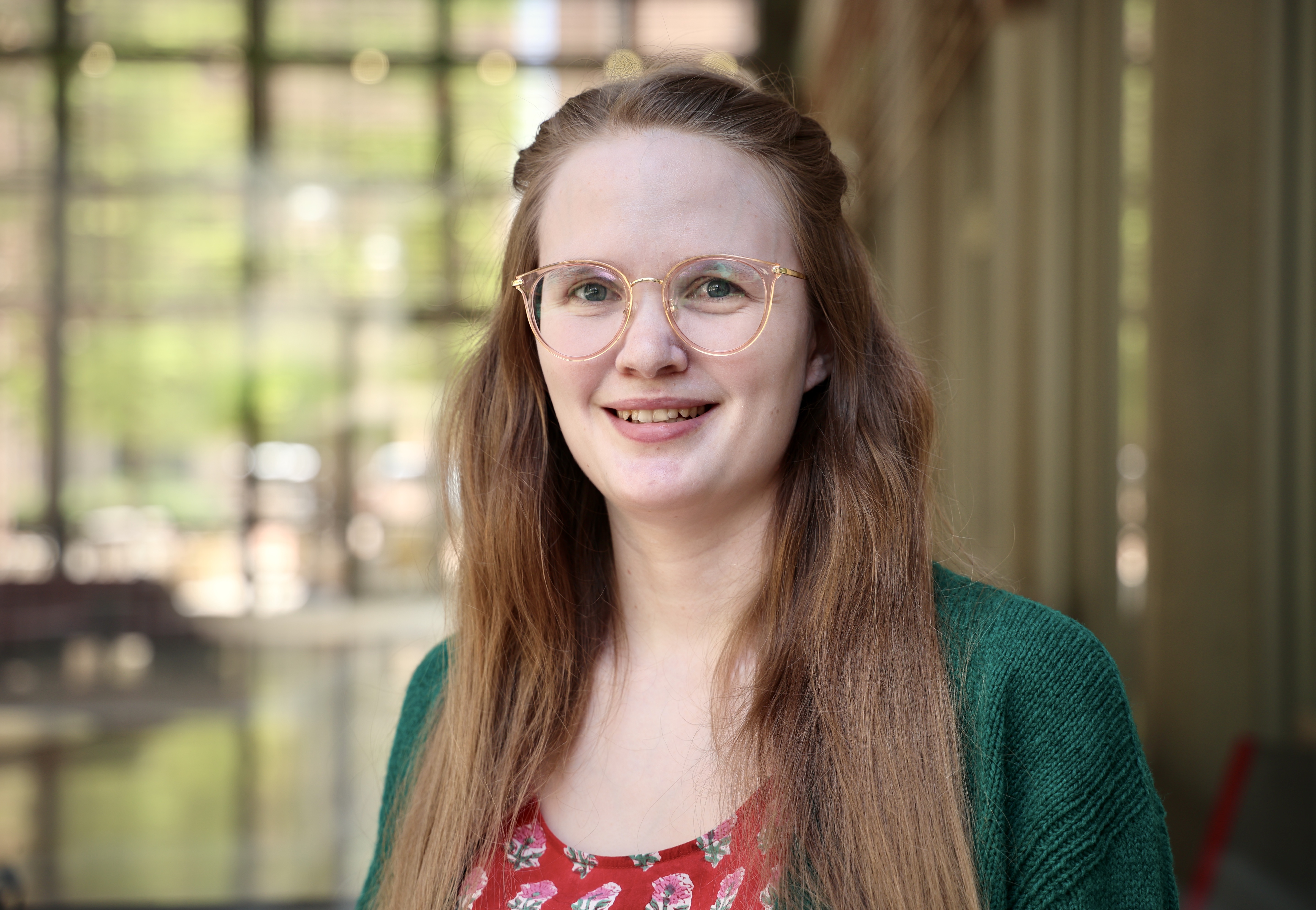Past Event: PhD Dissertation Defense
Casey Stowers, CSEM Ph.D. Candidate, Oden Institute
10 – 12PM
Tuesday Jul 29, 2025
POB 6.304 and Zoom
Each cancer patient has unique tumor characteristics, such as tumor cell density, growth dynamics, and responsiveness to therapy, meaning treatments derived for the hypothetical, average patient may not be optimal for real, individual patients. Tumor growth and response mechanisms, such as proliferation, invasion, and therapy response, can be quantified using mathematical models. These mechanism-based models can then be calibrated to individual patient data, meaning they predict patient-specific tumor growth and response to therapy and offer potential for therapy optimization. Alternatively, data-driven models require a patient cohort for training, but they are flexible in the input data they can take and tasks they are able to complete. Our goal is to integrate mechanism-based and data-driven models to improve our ability to calibrate and predict patient response to therapy in an interpretable, accurate, and efficient fashion. In Aim 1, we combine deep learning and mechanism-based modeling to predict the response of locally advanced, triple-negative breast cancer before initiating treatment. In Aim 2, we perform a habitat analysis to segment tumors into distinct subregions with similar characteristics, then introduce a method for using habitats to inform more accurate, efficient calibrations of a mechanism-based model. Finally, in Aim 3, we systematically investigate the impact of the mechanical properties of the tumor and surrounding tissue on how tumor cells move in a mechanism-based model of triple-negative breast cancer tumors that shrink in response to therapy. The methods and results show that combining mechanism-based and data-driven approaches can improve our ability to accurately and efficiently capture patient-specific response to therapy.
Casey completed her undergraduate degree at Purdue University in 2019 before starting as a CSEM student in 2020. She works with Tom Yankeelov in the Center for Computational Oncology on developing models that predict breast cancer response to therapy.
